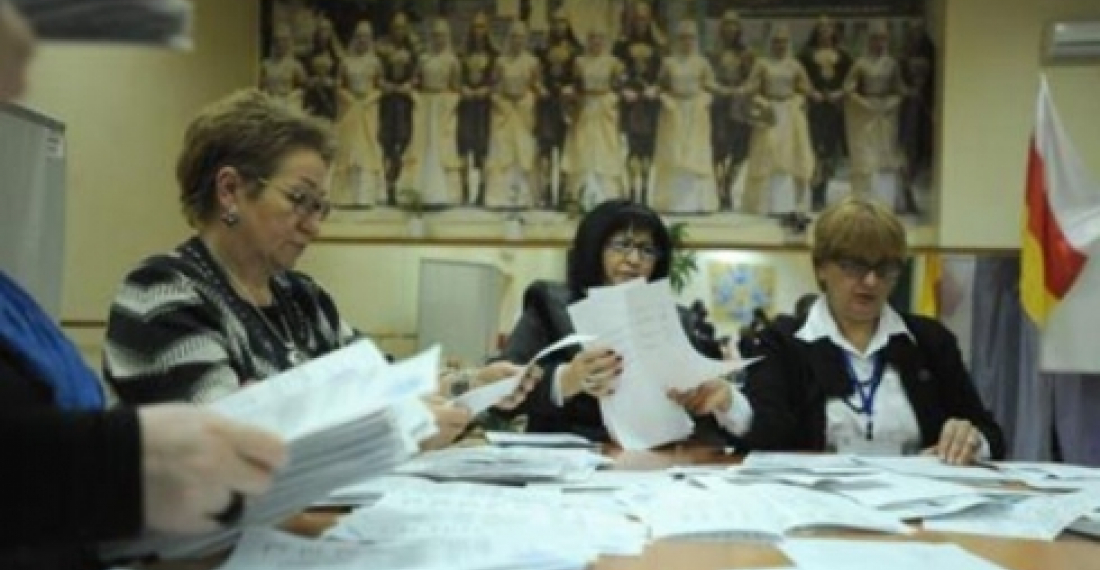The small self declared republic of South Ossetia which seceded from Georgia in 1992 has finally elected a President after six months of political turmoil which saw elections in November being cancelled amidst widespread claims of irregulariities. The electorate in the territory yesterday chose former head of the local KGB Leonid Tibilov as the new President.
Preliminary results showed that he had secured 53.67% of votes in the run-off election against David Sanakoyev who got 42.99%.
In a short address Tibilov said "I congratulate the people of South Ossetia, who participated actively in the elections. The most important thing today is that these elections were found valid. The people had got tired, but they are wise and could elect the president. I congratulate everybody, and not only those who voted for Leonid Tibilov, but also those who voted for David Sanakoev," he said, adding that his main goal at the post of the president will be the unity of all residents of South Ossetia.
David Sanakoev admitted defeat and said he will not challenge the election results. "We found the election results true and I congratulate Leonid Tibilov on victory in these elections," Sanakoev said.
The election ends months of political uncertainty in the territory which has caused embarassment to Moscow, South Ossetia's main backer in its standoff with Georgia. Tibilov is looked at by Moscow as a safe pair of hands but is unlikely to be an inspiring leader. The territory remains a serious economic burden on Russia and a potential flashpoint in the region. The elections have already been rejected by the United States, the European Union and other countries that still see South Ossetia as part of Georgian territory. Whilst a Russian military cover for the moment makes any Georgian attempt to reassert control over the territory unlikely the issue remains a sensitive one for Tbilisi which will seize any opportunity to try to change the status quo.
source: commonspace.eu with Itar-Tass
picture: Counting in the self declared Republic of South Ossetia after elections on 8 April 2012 (picture courtesy of Itar-Tass)







